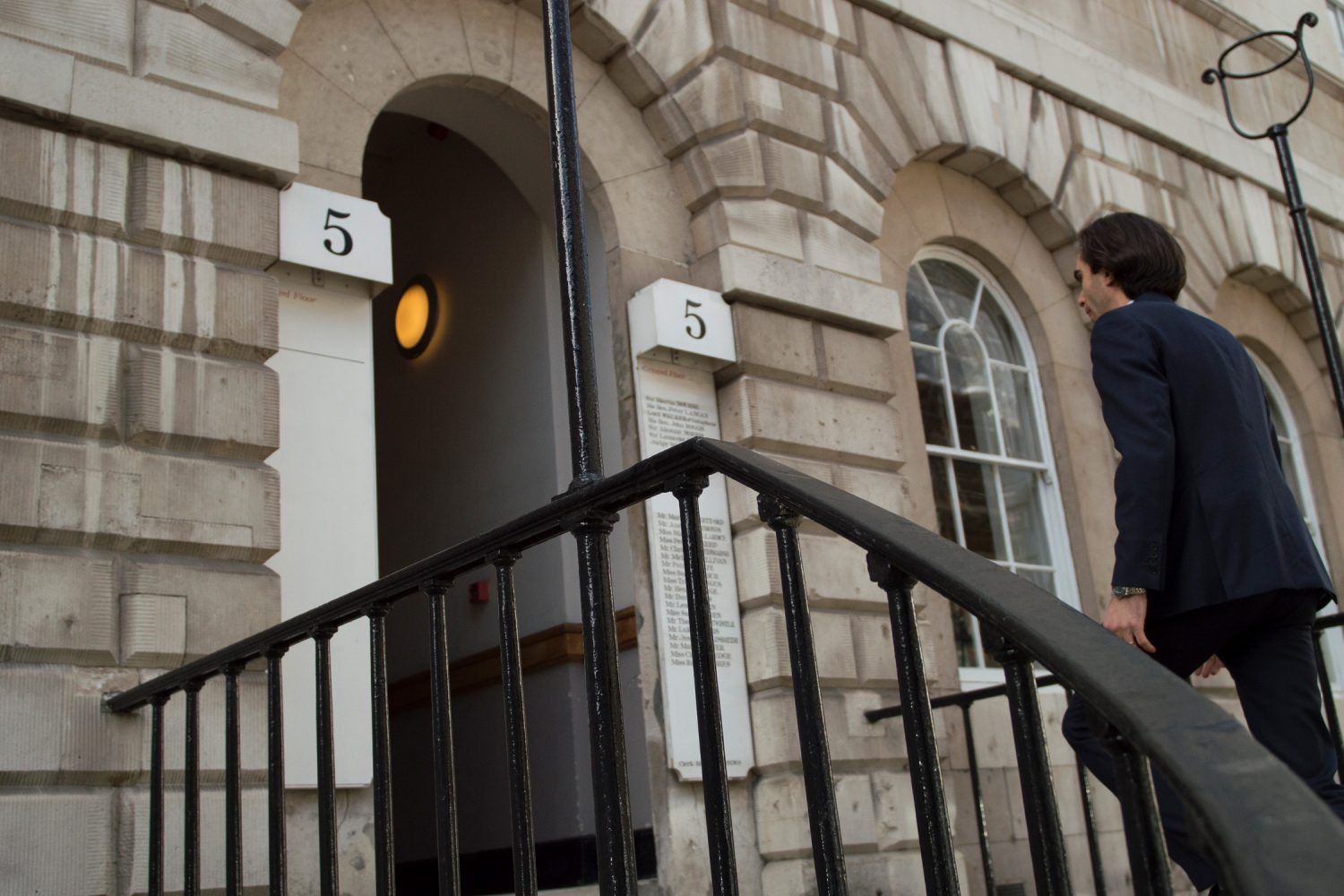William East successful in Khan v Khan [2024] EWHC 2491 (Ch)
The High Court has handed down judgment in Khan v Khan [2024] EWHC 2491 (Ch), a claim in which the Claimants successfully established the existence of trusts in their favour over four valuable properties in London.
The Claimants (Ahmed, Sarwar, Shalima, Farhana and Jennifer) and the Defendant (Muhammed) are all siblings and the children of Fatima Khan (‘Mrs Khan’) and the late Abdul Khan (‘Mr Khan’). In 1998, one of the properties, 7 Essex Grove, was purchased using money belonging to Mr and Mrs Khan and was placed in the name of Farhana. The Claimants contended that it was placed in Farhana’s name on the basis of a prior agreement that she would hold the property on trust for Mr Khan during his lifetime, and thereafter for her and her two sisters Shalima and Jennifer in equal shares.
In 2004, Mr and Mrs Khan transferred another one of the properties, 14 Stapleton Road, to Muhammed, who was their eldest son. 14 Stapleton Road had previously been owned jointly by Mr and Mrs Khan for many years. At the time there was significant equity in the property; the Defendant paid off the remaining mortgage using a mortgage which he took out.
The Claimants contended that 14 Stapleton Road had been transferred to Muhammed on the basis of a prior agreement that he would hold the property for Mr Khan during his lifetime, and then for Muhammed and his two brothers Ahmed and Sarwar in equal shares. They contended that it was agreed amongst the family that the equity in 14 Stapleton Road would then be used to purchase another property, 53 Norbury Crescent, which would be operated as a children’s nursery, a care home, or in the last resort as the family home, and that 53 Norbury Crescent would again be held by Muhammed on trust for Mr Khan during his lifetime and thereafter for Muhammed, Ahmed and Sarwar in equal shares.
In 2005, after Farhana had undergone financial remedy proceedings, during which her ex-husband had attempted to claim 7 Essex Grove, Farhana created leases of the three flats in the property in favour of Muhammed. The Claimants’ position was that this was intended to protect the property against future claims of a similar nature, and that the creation of the leases in Muhammed’s favour was subject to a prior agreement that he would hold those leasehold interests on the same trusts as before.
In September 2006, 5 Ullswater Road was purchased in the name of Muhammed. The Claimants contended that this was purchased with the aid of a remortgage obtained on 14 Stapleton Road or alternatively 7 Essex Grove at the direction of Mr Khan, and that again it was purchased on the basis that it would be held by Muhammed on trust for Mr Khan during his lifetime, and thereafter for Ahmed, Sarwar and Muhammed in equal shares.
In 2013, the Defendant wrote an email to Shalima and other members of the family in which he stated: “I want Essex Grove out of my name by 2014. This belongs to three sisters as stated clearly.” The email ended with Muhammed’s name. The Claimants contended that this was sufficient proof of an express trust of 7 Essex Grove in favour of Shalima, Farhana and Jennifer for the purposes of section 53 (1) (b), and that the email constituted signed writing for the purposes of that section given the Court of Appeal decision in Hudson v Hathway [2023] KB 345.
In a judgment dated 4 October 2024, Saira Salimi, sitting as a Deputy High Court Judge, held that the Claimants had been able to demonstrate an effective express trust of 7 Essex Grove in favour of Shalima, Farhana and Jennifer and that the type of constructive trust applied in the Court of Appeal in De Bruyne v De Bruyne [2010] 2 FLR 1240 applied to the other properties, in favour of the other claimants. A De Bruyne type trust depends on there being a prior agreement that the recipient of property will hold that property on trust for other persons, such that it is unconscionable for him to deny that he is holding the property on those trusts; it does not require detriment to be demonstrated by the intended beneficiaries of the trust.
William East represented the Claimants at trial, with assistance from Hugh Jeffery (a pupil in chambers at the time, who has now become a full tenant of chambers).
To read the full judgement please click here
